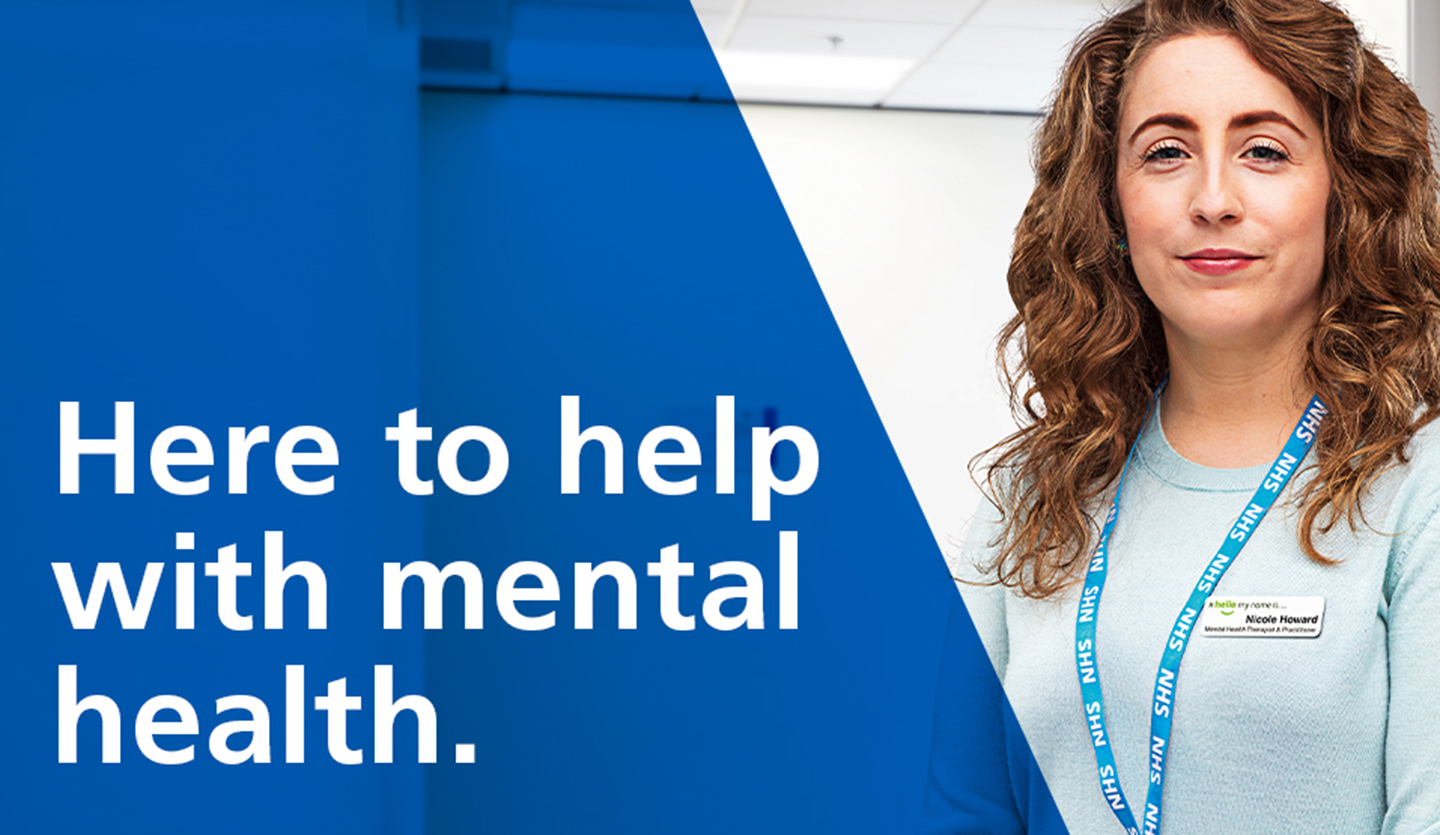At the start of this year, most of us hadn’t even heard of Coronavirus. Now, it has changed the way we all look at life.
There’s no doubt Covid-19 has had a massive impact on us all – but you might be wondering if what you are feeling is “normal”.
Which is why the Office for National Statistics has conducted its own Opinions and Lifestyle Survey on how the pandemic has affected young people (aged 16 to 29 years).
They found that overall, levels of concern over the coronavirus (COVID-19) were lower among young people but of those who were concerned, there were some key areas they were worried about.
Chart – Percentage of adult population by how worried they were about the coronavirus by age group:
Key Findings
*The main concerns around Covid-19 for young people were the effects on schools/universities (24%), their well-being (22%), work (16%) and household finances (16%).
*For those who reported that the coronavirus was affecting their work, the most common reported impact was a reduction in hours worked (21%).
*Other than being unable to go to uni, concerns about education focussed on the uncertainty over exams and qualifications (58%) and the quality of education being affected (46%).
*Those who felt their well-being was being affected were much more likely than other ages groups to report being bored (76%) and lonely (51%). Around four in 10 believe the lockdown has made their mental state worse.
Chart – Percentage of adult population by how often they reported feeling lonely by age group:
Where to go for help
Our welfare@codestudents.co.uk inbox is always there if you want to reach out for help. Our trained staff can offer support and guidance – we can also chat if you are feeling bored or lonely. We can even do this ‘face to face’ via Facetime or similar messaging apps.
If you are feeling worried or distressed, you can also use Student Minds – Coronavirus Resources for more guidance and support. Or the NHS has some useful mental wellbeing audio guides.
The NHS has also stressed it is still “Open for Business” and if you are experiencing any mental health issues you can still get in contact with your GP, or NHS 111. This is a difficult time for many of us and it’s important that people get the support they need.
Or if you’re worried about your employability in a competitive market place why not consider completing a few of the courses on The Skills Toolkit, a government’s website to help you acquire jobs skills.



